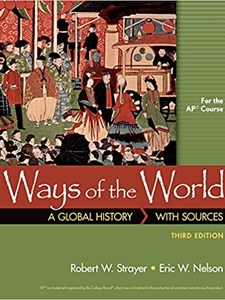


Ultimately, this alliance foundered over the issue of Balkan territorial claims. They further promise one another that any new modifications in the territorial status quo of Turkey in Europe can be accomplished only in virtue of a common agreement between them." It states, "The three Courts, desirous of avoiding all discord between them, engage to take account of their respective interests in the Balkan Peninsula. Article 1 addresses the potential of a Franco-German conflict by stating, "In case one of the High Contracting Parties should find itself at war with a fourth Great Power, the two others shall maintain towards it a benevolent neutrality and shall devote their efforts to the localization of the conflict." The issue of potential conflict over the Balkan territories of the Ottoman Empire is dealt with in Article 2. Both of these goals are apparent in the terms of the agreement. The dual goals of the league were to prevent intervention by Austria-Hungary or Russia in the event of an outbreak of hostilities between France and Germany and to prevent friction between Austria-Hungary and Russia over territorial claims in the Balkans. The agreement was renewed in June 1881, with the same signatories for Prussia and Austria-Hungary, but with the new tsar, Alexander III, representing Russia. This phase of the Three Emperors' League is sometimes referred to as the Three Emperors' Treaty. An initial agreement between Alexander II of Russia, William I of Prussia, and Francis-Joseph of Austria-Hungary was reached in September 1873. The Three Emperors' League, or Dreikaiserbund, was part of the diplomatic web created by Otto Bismarck (1815 –1898) to keep France isolated.


 0 kommentar(er)
0 kommentar(er)
